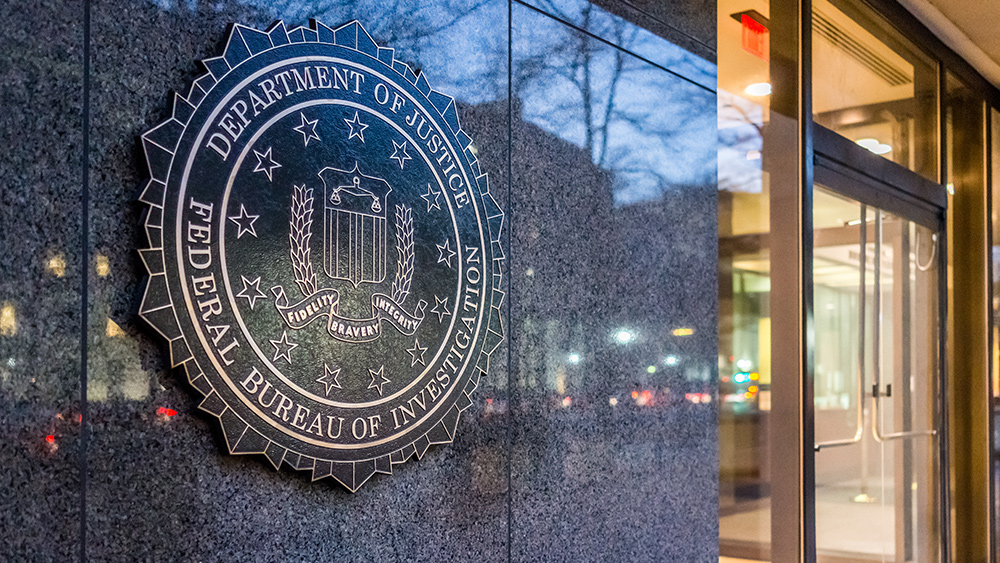
California's justice system is seriously tarnished. Criminal lawyer Joseph Tully exposed the extent of this taint in his book "California: State of Collusion."
In his 2018 work, Tully presented both an analysis and a warning about how both "elements of law enforcement and the court system work against the interests of innocent people." He said the book "lays out the case of how entrenched, crooked police, district attorneys, judges and politicians fight to maintain and enhance their own interests [and] power at the expense of the rest of us."
Tully is no stranger to the book's topics. The Contra Costa County-based criminal lawyer has more than two decades of experience and more than 1,000 cases under his belt. He is also a certified criminal law specialist, as attested by the California Board of Legal Specialization.
"California: State of Collusion" warns that innocent people "can be subjected to a 'power trip' police encounter, arrested by a megalomaniacal cop, jailed by a sadist, prosecuted by a manipulative Machiavellian and judged by an ego-tripping sociopath."
First, the book looks at systemic abuses in law enforcement that are "enabled by selfish prosecutors and empowered by politician judges." It outlines these embedded practices – which include gang enhancements, racial profiling and stop-and-frisk programs. The book also mentions police departments that have been implicated in misconduct, such as "The Riders" of the Oakland Police Department and the Los Angeles Police Department's Rampart Division.
The Golden State's corrupt justice system does not end with police officers. Tully shined a light on the cruelty, systemic racism and medical abuse going on in the California prison system. Additionally, "California: State of Collusion" scrutinizes how the media portrays law enforcement as incorruptible even though corrupt acts still occur behind the scenes.
Tully: It all goes back to appellate courts
"California: State of Collusion" also looks at the role of appellate courts in overseeing both law enforcement officers and prosecutors. Tully explained that appellate courts serve as the "bosses" of the court system as they are in charge of local courts under them. In turn, the local courts ensure that prosecutors and police officers are kept in check.
"If you went to a restaurant and the waiters, cooks and bussers were all rude – you would look to the manager. You would look at the boss for accountability for the organization. For this reason, appellate courts hold a lot of power," explained Tully.
The criminal lawyer, however, cited the anonymity of appellate courts compared to the Supreme Court. Appellate courts handle the vast majority of cases, compared to the Supreme Court which hears relatively few.
Tully argued that this anonymity, coupled with the concentration of power, makes appellate courts dangerous. (Related: California judge should be cited for treason after attempting to nullify Second Amendment rights of all citizens.)
"One bad ruling by an appellate court can embolden thousands of bad cops and influence the course of the entire justice system. We now have a 40-year track record of appellate courts bending over backwards to justify bad police conduct."
Furthermore, Tully pointed to judges turning a blind eye on misconduct by both police officers and prosecutors to avoid compromising their chances for re-election. Appellate court judges are deliberately ignoring misconduct to avoid running afoul of police unions, while imposing sentences that appeal to voters.
"California: State of Collusion" is available on Amazon for both e-book and paperback versions. More information about Joseph Tully can be found on his website.
Watch Gabor "Gabe" Zolna below talking about a Sacramento Superior Court judge approving early releases for repeat offenders, in an apparent bid to appeal to voters.
This video is from the zolnareport.com channel on Brighteon.com.
More related stories:
Sources include:
Please contact us for more information.





















